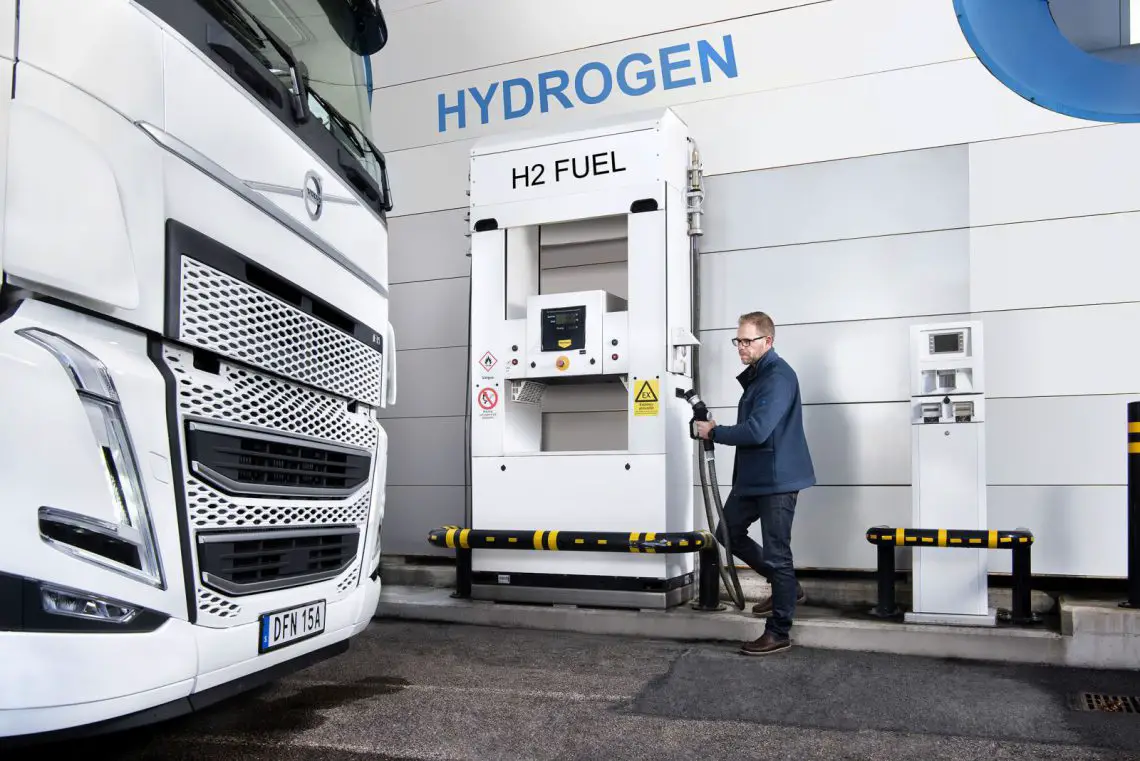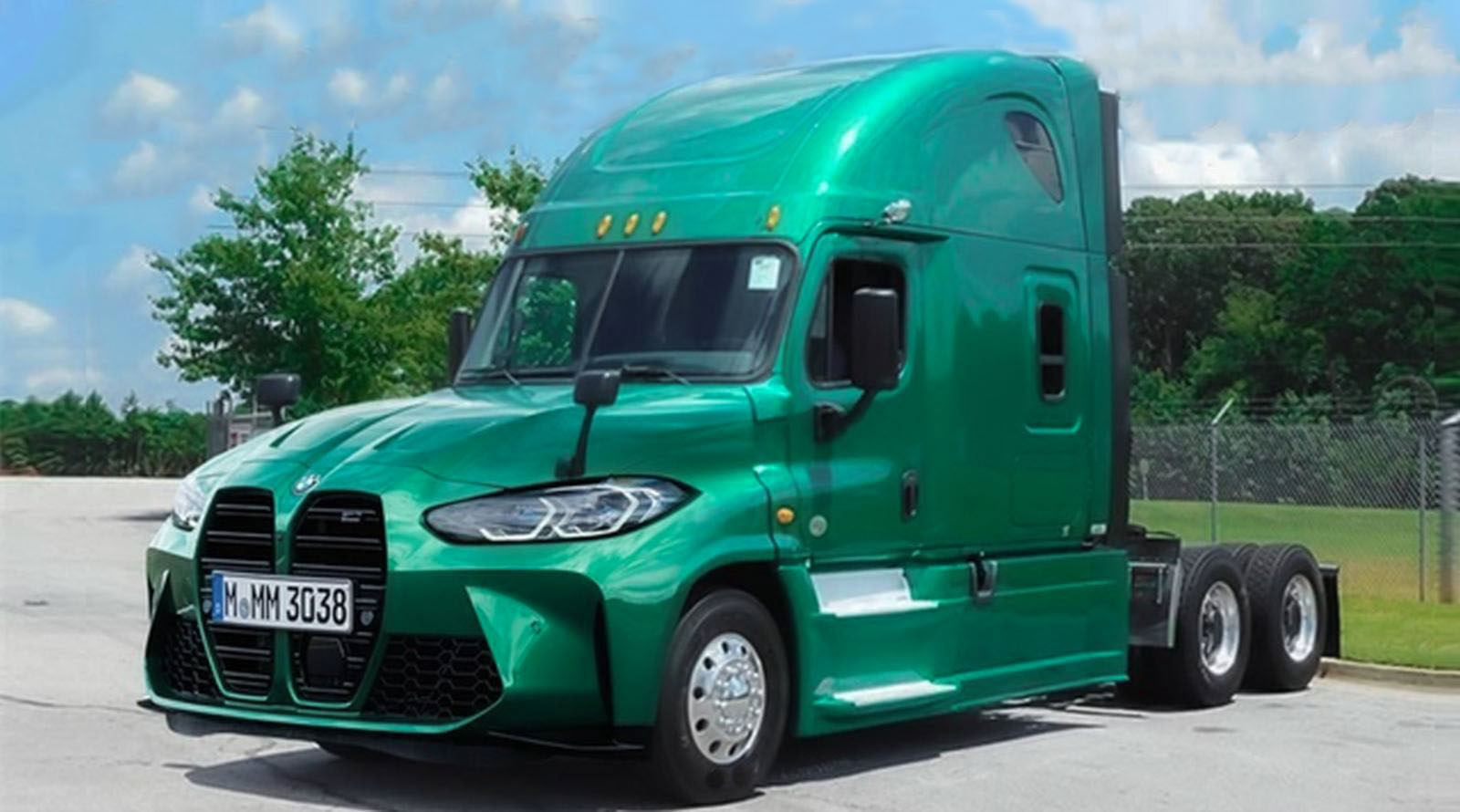BMW goes into trucks
The automaker plans to use the trucks for carbon-neutral transportation to and from its own factories. After all, trucks are constantly driving back and forth to deliver parts and components for automobile production. Running them on hydrogen will significantly reduce CO2 emissions in the logistics process.
BMW and sustainability
BMW Group is currently investing large sums of money in making its cars and their production more sustainable. You can see it in the arrival of more and more electric models. On the production side, everything is done to run as carbon-neutral as possible. Solar panels and wind turbines providing the power and recycling of waste materials and wastewater have already gone a long way.
BMW Group research consortium
Only on transportation does BMW have less of a grip because, after all, the group does not build trucks itself, like Mercedes-Benz, for example. So if you want to make logistics sustainable, then you have to involve other parties. BMW Group has done just that and is now leading a research consortium involving several manufacturers and service providers.

With DEUTZ and Volvo Trucks
The BMW Group-led consortium includes DEUTZ, a manufacturer of internal combustion engines for trucks and construction machinery, and Volvo Trucks. Others involved are DHL Freight, which already provides logistics services for BMW Group, and energy company TotalEnergies.
Hydrogen combustion engines
The consortium called HyCET (Hydrogen Combustion Engine Trucks) sets its sights on hydrogen combustion engines. Those are quicker to deploy for transportation purposes. Hydrogen trucks with fuel cell and electric drive are available, but more expensive and in more limited supply.

Substantial budget available
The consortium has a budget of €19.5 million at its disposal, to which the German government has contributed €11.3 million. BMW and DEUTZ plan to use the trucks in their own logistics and specifically for plants in Leipzig and Nuremberg. DHL is the carrier. Hydrogen refueling stations from TotalEnergies will be located at the plants.
Within 4 years
Within 4 years, the job should be done. Then the trucks converted to hydrogen should be running. 18-ton units will use a 7.8-liter power unit from DEUTZ and 40-ton units are converted Volvo trucks with a 13.0-liter hydrogen power unit.
Header photo:
Car Front Swaps

